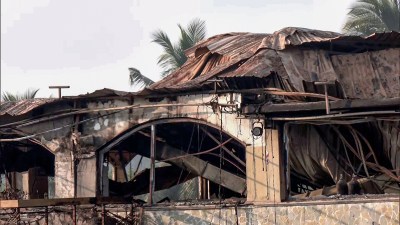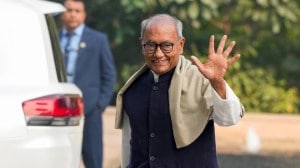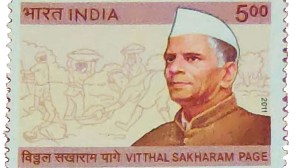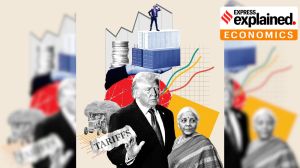God forbid
From terrorism investigation to art exhibitions, the shadow of politics of religion

When will this country8217;s politics stop making place for obscurantism? Why is it that we are still treated to sights such as were on display in the village of Azamgarh over the past week, when a long line of politicians and self-styled 8220;community leaders8221; dropped in to express solidarity with the family of Abu Bashir, suspected of carrying out the Ahmedabad blasts? It is certainly true that our police forces 8212; particularly the Gujarat police 8212; have not covered themselves with glory in security-related investigation in the past; but on this occasion the construction of the police case, and the fact that it was not dependent on confessions alone, should surely have caused our political class to exercise some caution. Instead the Samajwadi Party trots out the Shahi Imam of Jama Masjid, someone whom liberal India had hoped the new millennium had caused to become obsolescent.
Yes, if there are weaknesses in the case, they need to be pointed out. If confessions are being obtained under duress, then that certainly needs to be condemned, for more than one reason. What India does not need is for leaders of organisations such as SIMI, which represent the most antediluvian stream of the national character, to receive such extraordinary attention 8212; something that serves to empower them, to legitimise their rhetoric, and to solidify the group identities and narrative of victimisation that give them their power.
What is needed is more forthright, plain speaking, such as the culture ministry delivered on the India Art Fair8217;s terrible decision to not hang paintings by M.F. Husain. Raza8217;s work will be on show, as will Souza8217;s; but Husain8217;s will not be on display because of, once again, the pernicious idea that any fundamentalists8217; conception of religion must be 8220;respected8221; by everything and everyone in the public sphere. The ministry correctly pointed out that an exhibition without Husain could not claim to be representative. Let us hope that such statements will soon become representative of the political class.
- 01
- 02
- 03
- 04
- 05































